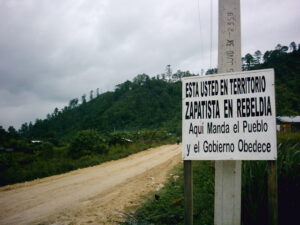


We’re proud to share another remarkable contribution from the Fourth World Journal Special Issue: Nations International Criminal Tribunal (NICT)—“An International Criminal Court for Indigenous Women,” by Melissa Farley and Jeri…
Read more
The International Monetary Fund (IMF) and the World Trade Organization (WTO) laud free trade as a doctrine of economic growth, prosperity, and development. Free trade agreements (FTAs), agreements between two…
Read moreThe Climate Change negotiations going on in Paris and finishing this week appear to be moving to the direction of corporations and states at the expense of native peoples–just as…
Read moreFourth World peoples throughout the world generally do not benefit from state economies that measure their economic future using the Gross Domestic Product (GDP – production minus cost) and productivity….
Read moreThe Asian Indigenous Peoples Pact , formed in 1988, “is a regional organization founded in 1988 by indigenous peoples’ movements. AIPP is committed to the cause of promoting and defending…
Read moreThe Rama people in southeastern Atlantic Coast Nicaragua are located in the path of a deep water canal to connect the Caribbean with the Pacific Ocean. The states of Cuba,…
Read moreFourth World peoples frequently live in the most remote regions of the world making up a major portion of the non-urban population. Significantly, the diversity of Fourth World peoples’ locations…
Read moreCommentators and essayists throughout generations have often made the observation that( (I paraphrase here): States’ governments do not give up their power easily and the power they are least willing…
Read moreIn the early 1970s the publics in virtually every country in the world began demanding that their governments act to protect and preserve the environment: Land, water, sea, soils, natural…
Read moreAs I wrote a hopeful post about the coming independence of South Sudan (population: 11,090,000) in February 2011 I warily pointed to soldiers from what became South Sudan who had…
Read moreThe library is dedicated to the memory of Secwepemc Chief George Manuel (1921-1989), to the nations of the Fourth World and to the elders and generations to come.
access here